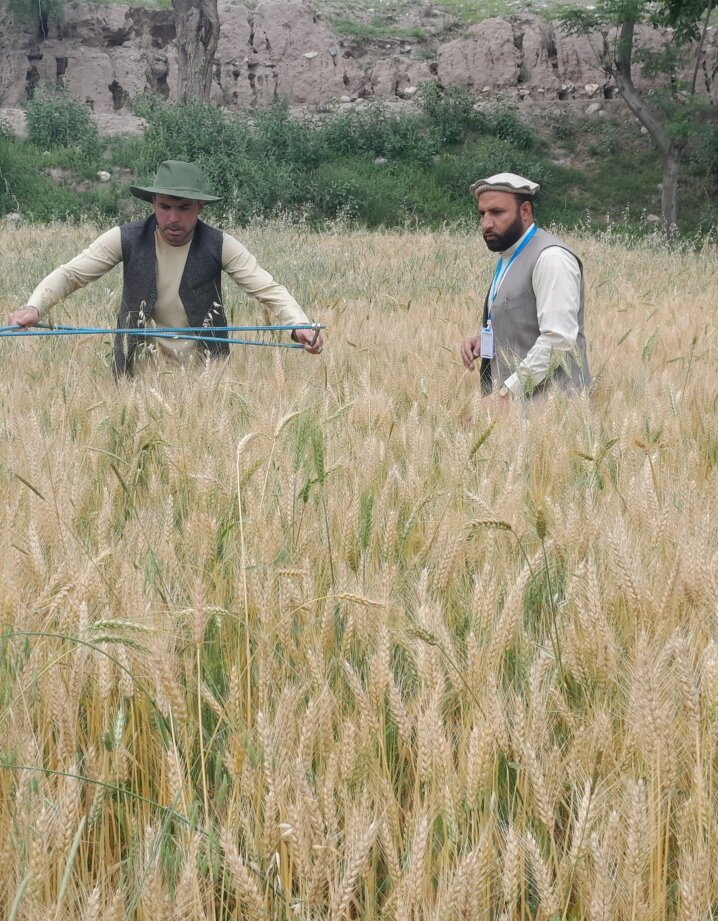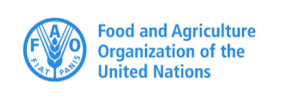Objective:
The Crop Cutting Experiment (CCE) project aimed to generate accurate wheat yield estimates across varying agricultural practices to enhance food security and inform policy decisions. By assessing yield variability and identifying key productivity drivers, the project provided critical insights to support evidence-based agricultural policy development. The findings were intended to guide strategic interventions to improve wheat productivity and sustainability in the targeted regions.
Methodology:
The project employed a rigorous, scientifically grounded approach using 1m x 1m quadrants for physical yield measurements, ensuring standardized data collection. To maintain accuracy and consistency, advanced tools such as KoBo Toolbox for digital data collection, GPS devices for precise location tracking, and specialized yield measurement tools were utilized. Over 15,000 baseline and follow-up surveys were conducted across diverse agricultural zones, capturing yield variations under different farming practices. This methodological framework enabled the collection of reliable data to analyze productivity trends.
Scope of Work:
Adroit Associates was tasked with comprehensive project management, encompassing:
- Design: Developing a robust research design tailored to the local agricultural context, ensuring representative sampling and accurate data collection methods.
- Data Collection: Conducting extensive fieldwork across multiple regions, utilizing a team of trained field officers to gather data from over 15,000 households. The use of digital tools facilitated real-time data monitoring and quality assurance.
- Analysis: Employing advanced statistical techniques to analyze yield variability and its correlation with agricultural practices, environmental conditions, and input usage.
- Reporting: Delivering detailed analytical reports with actionable insights and policy recommendations aimed at enhancing wheat productivity and supporting sustainable agricultural development.
Key Findings and Impact:
The CCE project revealed significant variability in wheat yields linked to differences in farming practices, input usage, and environmental factors. The findings highlighted opportunities to optimize agricultural inputs and practices, thereby enhancing productivity and food security. Policy recommendations derived from the study emphasized the need for targeted extension services, improved resource management, and strategic investment in agricultural innovation.
This project equipped FAO with valuable data to shape informed agricultural policies, contributing to food security and sustainable agricultural development in the region.

